“When girls have been through a Star School, we want them to come out not just literate but confident and above all aware of their rights so that they believe a future exists for them,” says Fajer Pasha, Executive Director of PAGE.
PAGE was launched in 2013 to help girls in highly challenging contexts overcome extreme poverty and cultural barriers to education. The Star Schools programme followed in 2016, with 169 schools across the country. The laureates of the 2023 UNESCO Prize for Girls’ and Women’s Education has directly impacted the lives of over 540,000 girls including minorities, Afghan and Rohingya refugees. It also has reached girls in areas with very low female literacy and those hit by emergencies like the devastating floods in 2022.

A well-designed strategy to get and keep girls in school
‘”We have a social as well as an education crisis. So we must use education as a tool to address the other challenges facing girls and women. What works is to get the community and parents involved and change their mindset,” said Fajer.
In certain areas of the country, there may be no primary school at all. And if there is, there may be no middle or high school to progress to. Trained teachers are also missing, and women often face the same cultural restrictions as girls meaning they cannot travel far to take up a post.
The programme first identifies where schools are missing and then takes the vital step of community engagement. This often starts with the most influential decision-makers, including religious leaders, to raise the importance of girls’ education. Local women are identified and recruited as teachers based on their experience and qualifications. A space is identified to set up a classroom and public announcements are made from the mosque for parents and children to gather. Through the Feed a Paratha scheme, women are engaged to provide nutritious food for learners and earn a small living.
Video presenting the project
Pragmatic decisions to adapt to a diversity of needs
“There may be one classroom space or five separate spaces in connecting villages. We may need to give school supplies but we don’t waste money on furniture beyond the basics. School hours can be adapted so the girls can work at home or in the factory. Most important is to give ownership of the whole idea to the community,” said Fajer Pasha.
Thirteen-year-old Tamanna, the fourth of ten siblings in a family so poor they struggle to find food daily, attends a Star School in Badia Rustum Khan in the district of Islamabad. She said, “I love all the school work, English, Urdu and mathematics. Star School give us everything from free books to a uniform and bag. I don’t want to leave my studies. I want to become a teacher one day.”
Long-term support is vital
“We have a long way to go to get to where women are accepted as human beings with rights, as individuals who may have dreams to fly a plane or play sports. Often as soon as puberty arrives, girls are pulled straight out of school and prepared for early marriage and running the house. Change only begins for them with access to good, holistic community-focused education,” said Fajer.
To ensure older girls are also able to progress, the programme has established a scholarship programme with support from the Malala Fund which is enabling 30 girls in Swat, a particularly conservative province, to complete their education.
Another collaboration with Prince’s Trust International is enabling girls at high risk of dropout achieve economic independence through digital and entrepreneurship skills.
Counselling and sports activities are also organized in schools to build girls’ confidence and self-esteem.
“In a culture where mental health is taboo, being able to talk to someone can bring about dramatic change. They become talkative and confident and talk about future goals,’ said Fajer. ‘We can see that greater awareness at the policy level means change starts to happen quickly. On the ground we know that if one girl comes to school, others will follow.”
Source: unesco

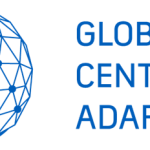
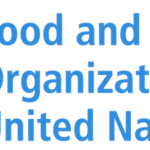
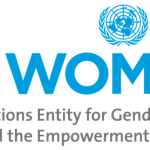
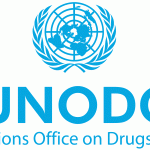
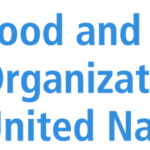
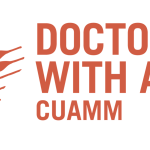



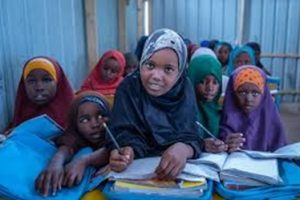
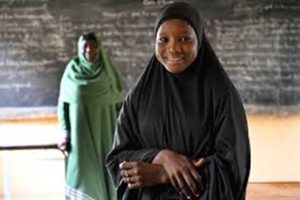








Add Comment